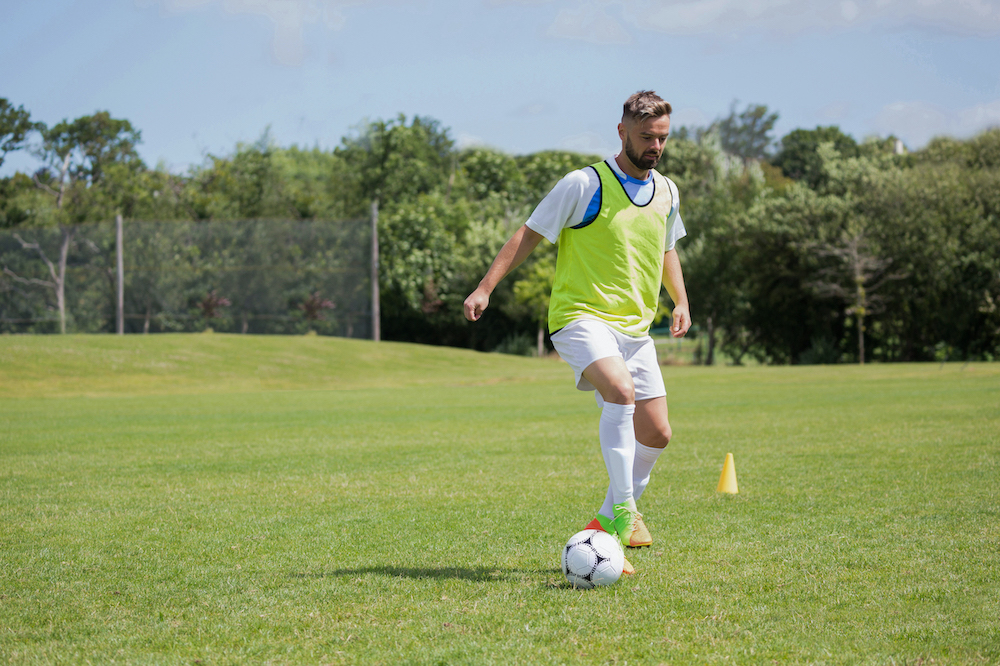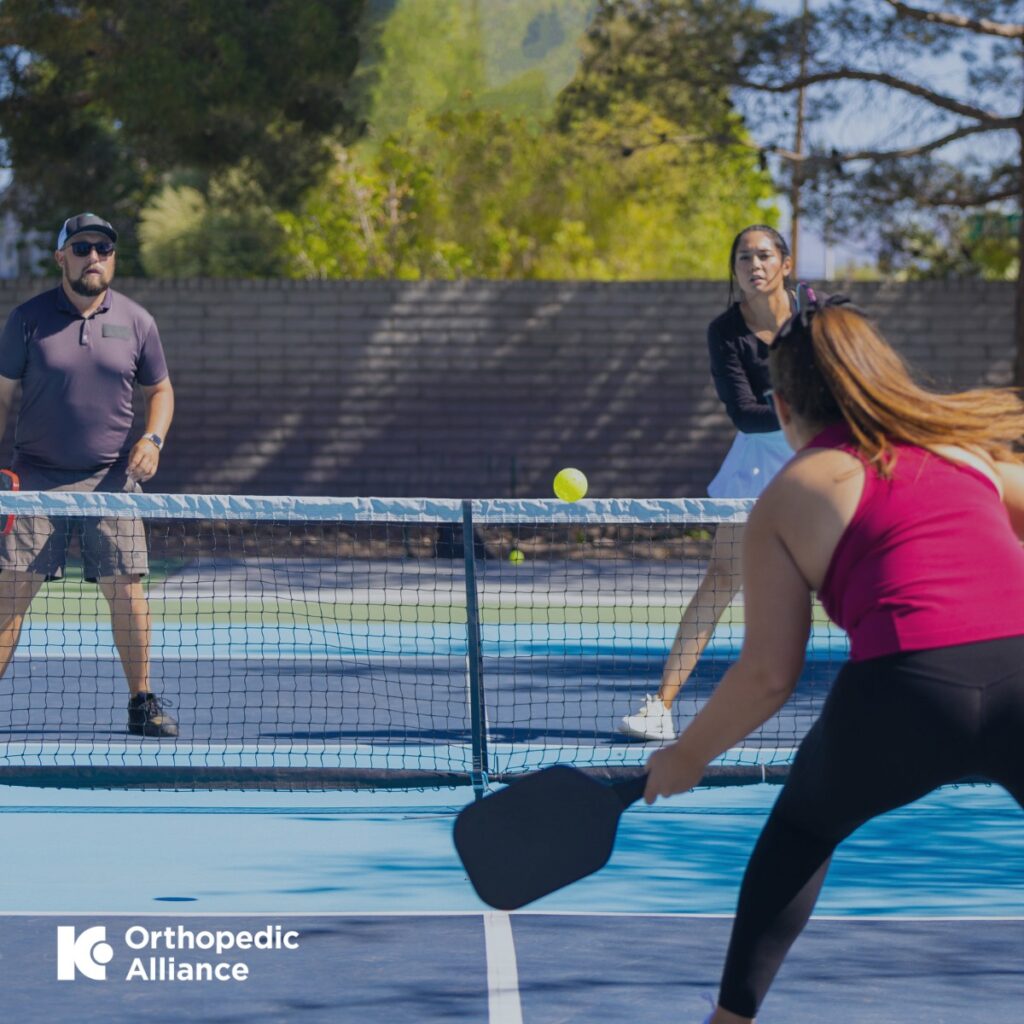
Over the course of the summer, many students and young athletes lose their normal sense of routine as they have less academic and athletic responsibilities. In order to re-establish those good habits, it’s important to use the last few weeks of summer as an adjustment period so they can hit the ground running this fall.
For all students—especially those participating in fall sports—visiting Kansas City Orthopedic Alliance can help ensure they’re in the best possible position to succeed this school year. Read on to learn why, and for a few additional tips to prepare for the fall sports season.
Get an Annual Physical
Before starting the season, it’s important to schedule a physical between your athlete and a state-licensed provider. Many schools and colleges organize these physicals themselves, either for free or for a nominal fee. Though KCOA does not offer these physicals in-clinic, our providers do participate in several “school physician nights” with schools throughout the area!
A preseason physical is also one of the best ways to determine if your athlete has a condition that may prevent or limit them from participating. Despite their young age, not all athletes will have the capability to participate in organized sports. A preseason physical helps ensure that they understand and avoid the potentially harmful risks associated with their particular sport.
Adjust Their Sleep Schedule
Proper sleep is invaluable when it comes to academic and athletic performance. Teenagers require about 8 to 10 hours of sleep per night, while college students will require about 7 to 9 hours.
In the weeks leading up to practices or classes, take the time to help them re-adjust their sleep schedule if needed. This can include adjusting their training schedules, reducing their screen time at night, and avoiding caffeine or large meals before bedtime.
Maintain Good Nutrition
On the subject of meals, nutrition plays another key role in academic or athletic performance. Whether you prepare your student or athlete’s meals or they prepare their own, it’s important to ensure that those meals are healthy and balanced—including servings of fruit, vegetables, protein, and whole grains.
School and sports naturally provide a structured schedule for college students and teenagers. Parents can help them maximize that structure by helping them properly time their meals and snacks. We recommend starting the day with a healthy, balanced breakfast and a power snack rich with carbohydrates later in the day, around the time where school ends and practice begins.
Most importantly, any student or young athlete needs to hydrate throughout the day. Fluid intake will vary based on their activity level, but young athletes in particular need to ensure that they’re drinking water throughout the day and for every 20 to 30 minutes of intense physical activity.
Adapt to Heat
Water isn’t just important for nutrition, but also for ensuring that your student athlete’s body can physically handle prolonged heat exposure. Many fall sports teams have longer practices before the start of the school year due to having no classes. These practices—and even some early-season games—can take place during the months most likely to have excessive heat and humidity.
The goal of heat acclimation is to improve your heart rate and body temperature responses in excessively hot weather. Beyond drinking enough water, it’s important to take multiple rest breaks throughout training to avoid overheating. Using cooling methods such as ice packs or ice towels can also help keep the body’s temperature down.
Finally, you should gradually ramp up the intensity over your training over the course of several days rather than jumping straight to highly vigorous workouts. This will help your body naturally cope with the heat and prompt better responses. It’s extremely important for your young athlete, their coaches, and their trainers to monitor for any signs of heat-related illnesses.
Help Your Athlete Hit the Ground Running This Fall— Contact an Orthopedic Sports Physician in Kansas City Today!
At Kansas City Orthopedic Alliance, we make it our mission to create a superior patient experience for all. Regardless of the location or severity of your athlete’s injury, our team will work with you to ensure the best possible outcome.
Request an appointment with one of our providers to schedule a preseason physical or find the best treatment option for your needs. You can also receive a thorough evaluation by calling (913) 319-7600 or by using our symptom tracker tool. If you have any additional questions or comments, feel free to fill out our contact form to get a prompt response from a KCOA representative.


